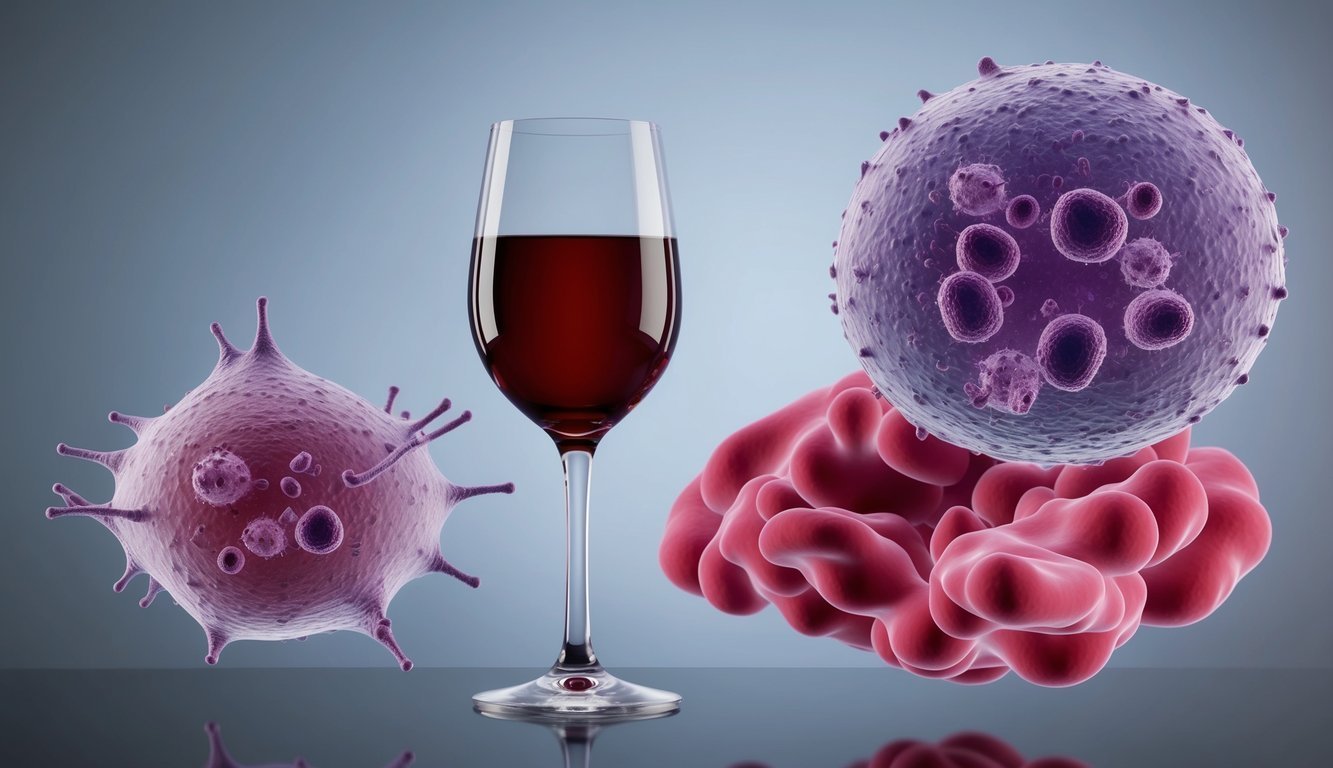Physical Address
304 North Cardinal St.
Dorchester Center, MA 02124
Physical Address
304 North Cardinal St.
Dorchester Center, MA 02124
A significant portion of the American population lacks awareness of the connection between alcohol use and cancer risk, despite CDC warnings and scientific evidence.


A substantial segment of the American population remains blissfully unaware of the insidious link between regular alcohol consumption and an increased risk of cancer.
This widespread ignorance persists despite stern warnings from the Centers for Disease Control and Prevention and a trove of compelling scientific evidence.
Recent findings from the Annenberg Public Policy Center illuminate the extent of this misunderstanding, significantly influenced by a legacy of alcohol marketing and favorable portrayals in popular culture.
The CDC has been clear: reducing alcohol intake or abstaining altogether can substantially diminish cancer risk.
Nevertheless, statistics reveal that less than half of Americans comprehend the connection between habitual alcohol use and heightened cancer susceptibility.
The agency reports that over half of adults in the U.S. consume alcohol, with around 17% engaging in binge drinking and 6% identifying as heavy drinkers.
Meticulous reviews and comprehensive meta-analyses have corroborated the serious health consequences tied to alcohol consumption, including its association with elevated mortality rates linked to a variety of causes.
In September 2024, the Annenberg Science and Public Health Knowledge survey gathered responses from more than 1,700 people across the nation, exposing intriguing insights into public perception.
While 40% of respondents acknowledged the increased cancer risk associated with regular alcohol consumption, an equal share reported uncertainty about these effects.
Alarmingly, 20% maintained misconceptions; some believed that alcohol has no impact on cancer risk, while others thought it might even reduce the likelihood of developing the disease.
Patrick E. Jamieson, director of the Annenberg Health and Risk Communication Institute, highlighted the difficulty of effectively conveying public health messages amid the pervasive influence of well-crafted marketing campaigns and popular media’s glamorization of alcohol.
As people navigate a world where alcohol is interwoven into social life and celebration, the challenge remains to properly inform and educate about the hidden dangers that may lie behind each drink.
With a nationally representative sample of 1,744 U.S. adults and a margin of error of ± 3.5 percentage points at the 95% confidence level, the survey offers crucial insights into a critical health conversation that continues to go under the radar for many in the nation.
The implications are profound; as understanding grows, so too should the commitment to fostering a culture that recognizes and addresses the intricate connection between alcohol consumption and cancer risk.
“`